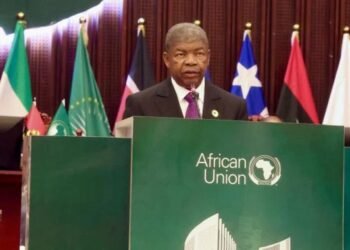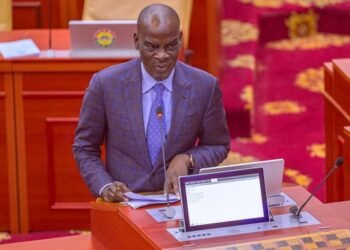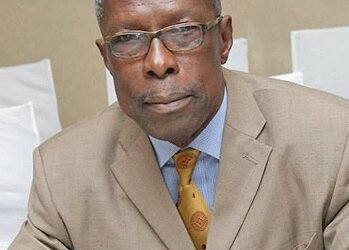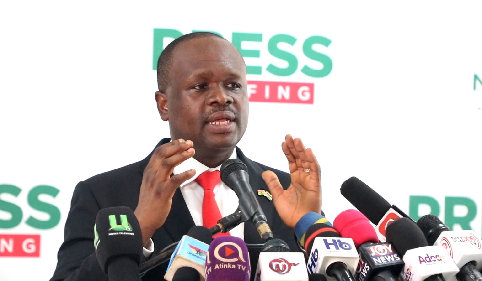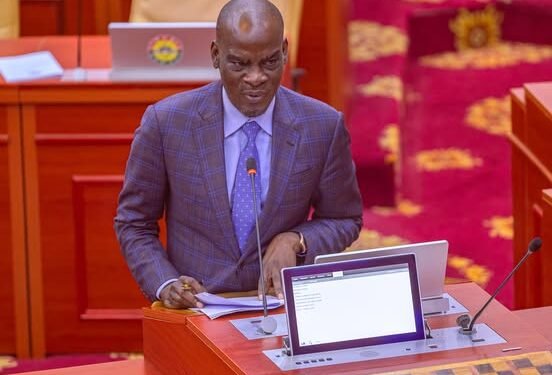The Minister for Energy and Green Transition, Hon. John Abdulai Jinapor, has outlined bold and strategic interventions being undertaken by the government to extend electricity access and boost nighttime economic activity across Ghana.
Speaking with a clear sense of urgency and commitment, the Minister emphasised the Ministry’s dedication to deepening rural electrification and implementing a comprehensive street lighting policy aligned with the NDC’s administration’s 24-hour economy agenda.
“We are also working very hard to increase rural electrification. So far, we’ve connected sixty-three communities,” he disclosed. According to him, this milestone marks only the beginning of a broader push to electrify underserved parts of the country in line with the government’s long-term goal.
The Minister stated that achieving universal access to electricity remains a core commitment of the Ministry and reaffirmed the government’s ambition to meet this goal by the end of 2028.
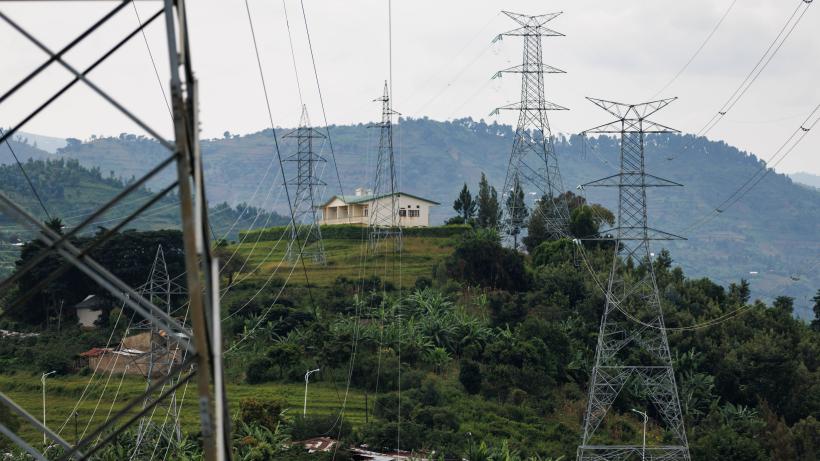
Hon. Jinapor noted that this aggressive rural electrification drive forms part of a broader policy framework designed to ensure equitable development across Ghana’s urban and rural divide. The lack of access to reliable electricity, he said, has over the years contributed to the economic marginalisation of many rural communities.
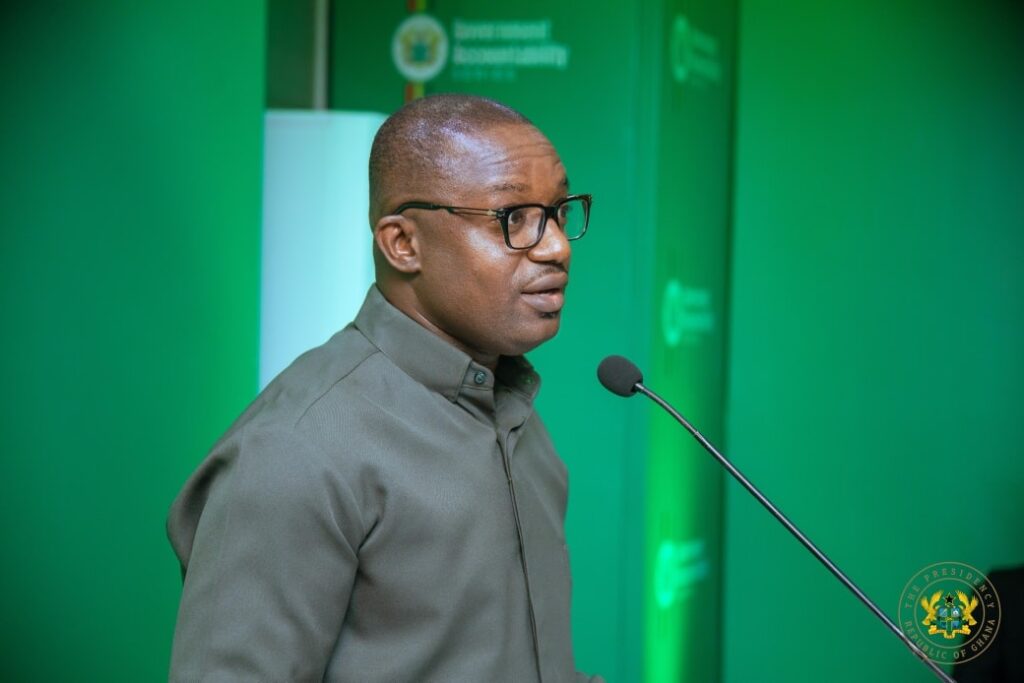
According to the Minister, the rollout of electricity to rural areas is not merely about lighting homes, but also about transforming livelihoods, enabling small-scale businesses to grow, powering schools and clinics, and integrating rural economies into the national development trajectory.
He emphasised that the government is determined to ensure that no community is left behind in the energy transition.
Street Ligtening Drive
In addition to rural electrification, Hon. Jinapor disclosed that the Ministry has commenced the implementation of a new national street lighting policy.
This initiative, he explained, is geared toward enhancing public safety, supporting commercial activity during nighttime hours, and ultimately facilitating the government’s ambitious 24-hour economic agenda.
According to the Minister, the street lighting policy goes beyond aesthetics or crime prevention—it is a calculated move to encourage increased business activity and job creation, especially during the nighttime when many parts of the country become inactive due to lack of proper lighting infrastructure.
“We are going to install a lot of street lights in line with our 24-hour economic policy to provide that impetus for the night business activity, for commerce and business activities”.
Hon. John Abdulai Jinapor, Minister for Energy and Green Transition
Hon. Jinapor’s comments come at a time when the government has stepped up its campaign to promote a 24-hour economy, a policy proposal that has generated significant public debate.

By linking energy infrastructure directly to the success of this initiative, the Energy Minister is reinforcing the idea that stable, reliable, and accessible electricity remains the cornerstone of Ghana’s economic transformation.
While the Ministry continues to work on broader reforms in the power sector—ranging from billing system overhauls to procurement rationalization—the focus on rural access and public infrastructure signals a growing recognition that inclusive development must be both equitable and expansive.
The government’s rural electrification drive, combined with its urban street lighting push, is expected to produce ripple effects across sectors—from agriculture and health to tourism and small-scale manufacturing.
Though he did not provide detailed timelines for specific components of the upcoming rural electrification rollout, the Minister’s comments suggest that plans are already well underway, with execution being fast-tracked to meet the 2028 universal access target.
Similarly, the ongoing installation of street lights is expected to ramp up in the coming months, with key commercial districts and peri-urban areas prioritized in the initial phase.
Hon. Jinapor also hinted at close coordination with other state agencies and local government structures to ensure that these interventions are tailored to meet the unique needs of each community. .
The Minister concluded his remarks with a strong call for continued public support and cooperation, noting that building a resilient energy system that benefits all Ghanaians requires a collective effort.
READ ALSO: Energy Minister Hails ECG’s Power Stability Gains





